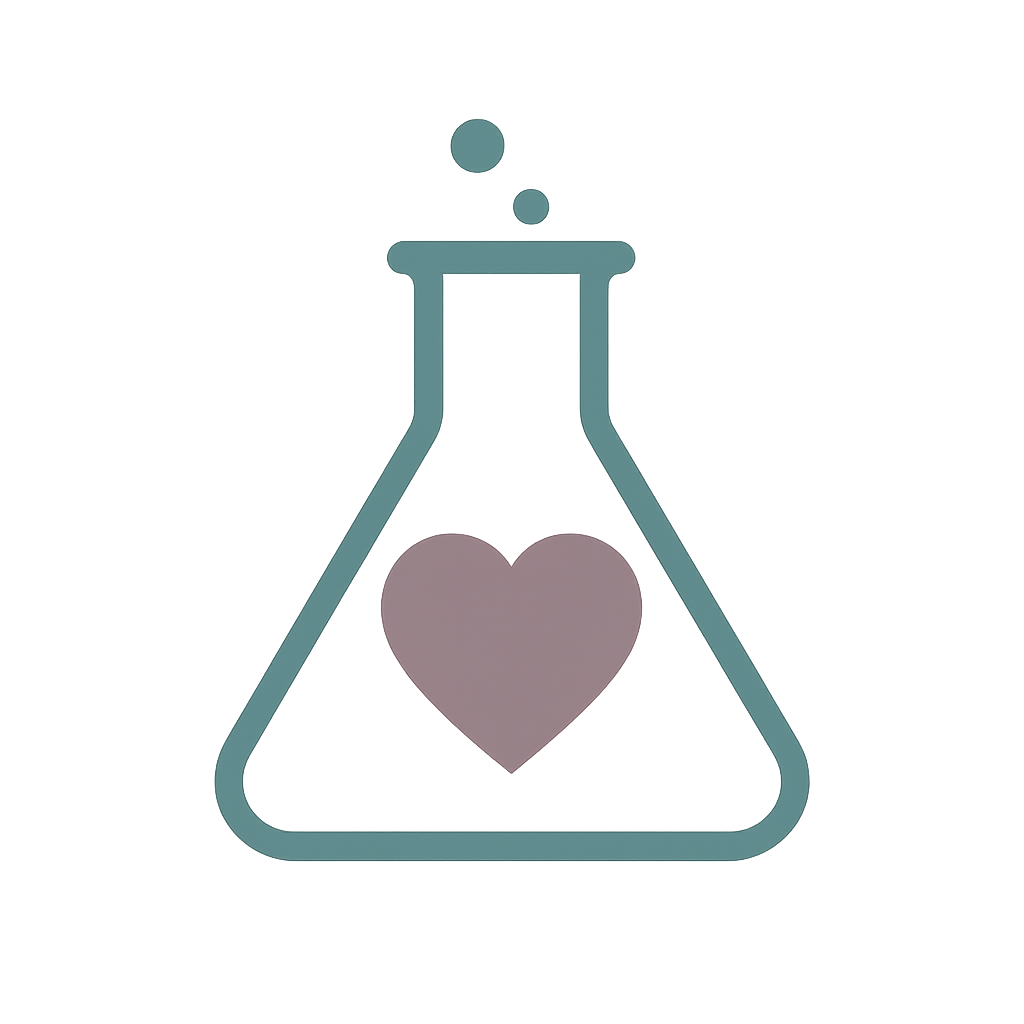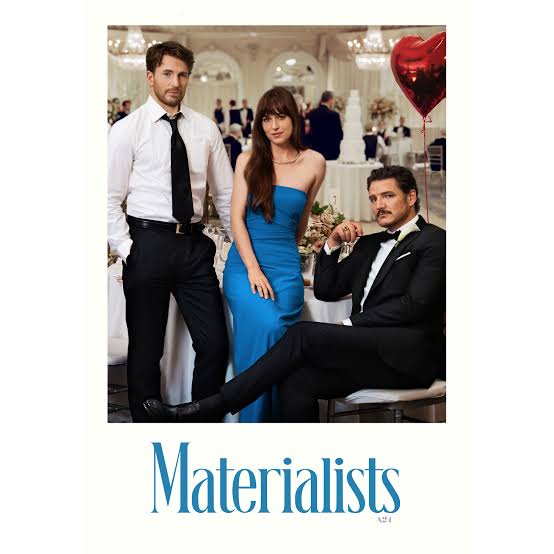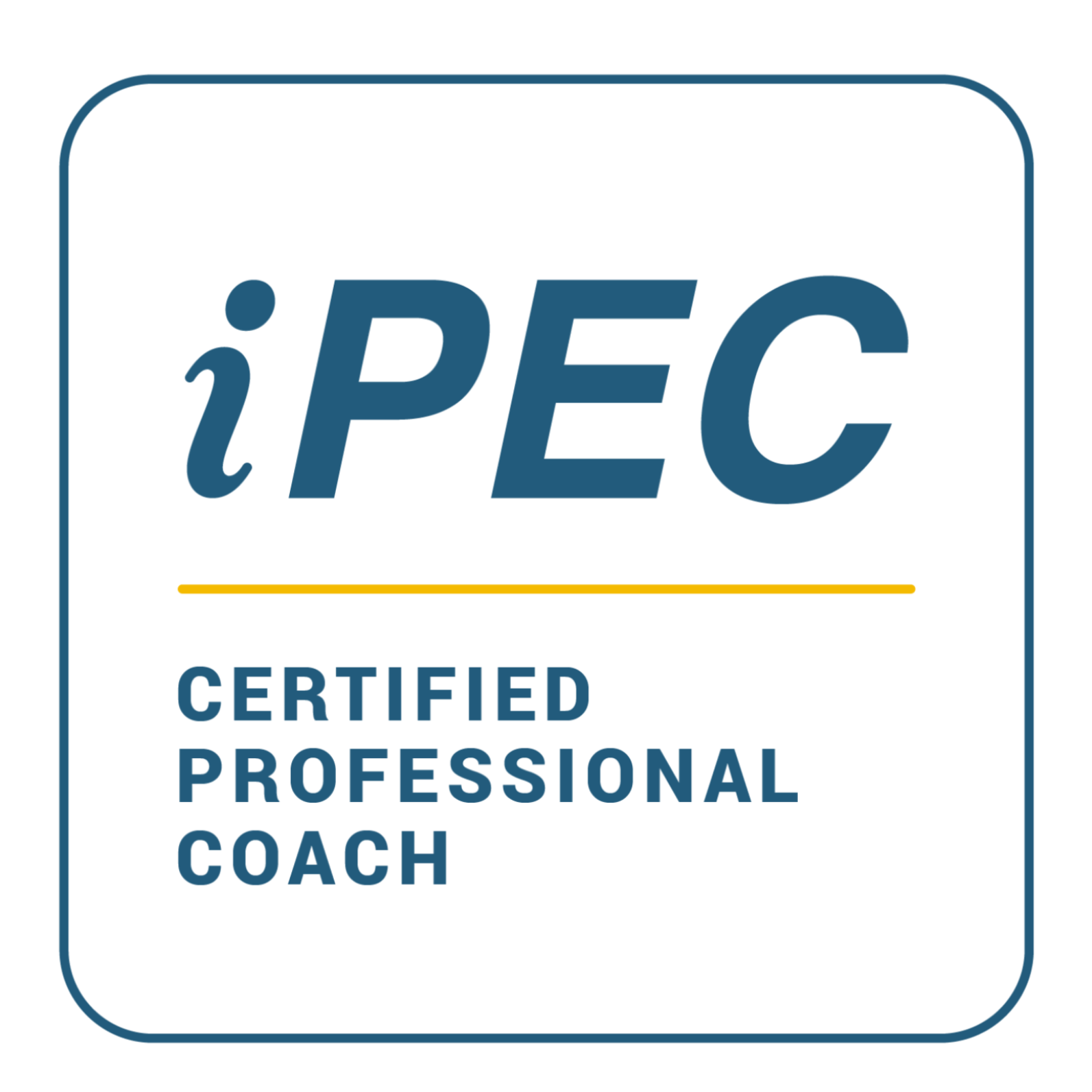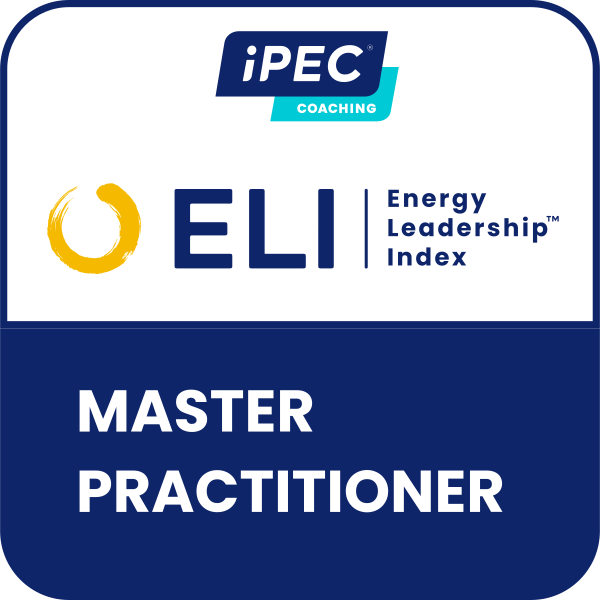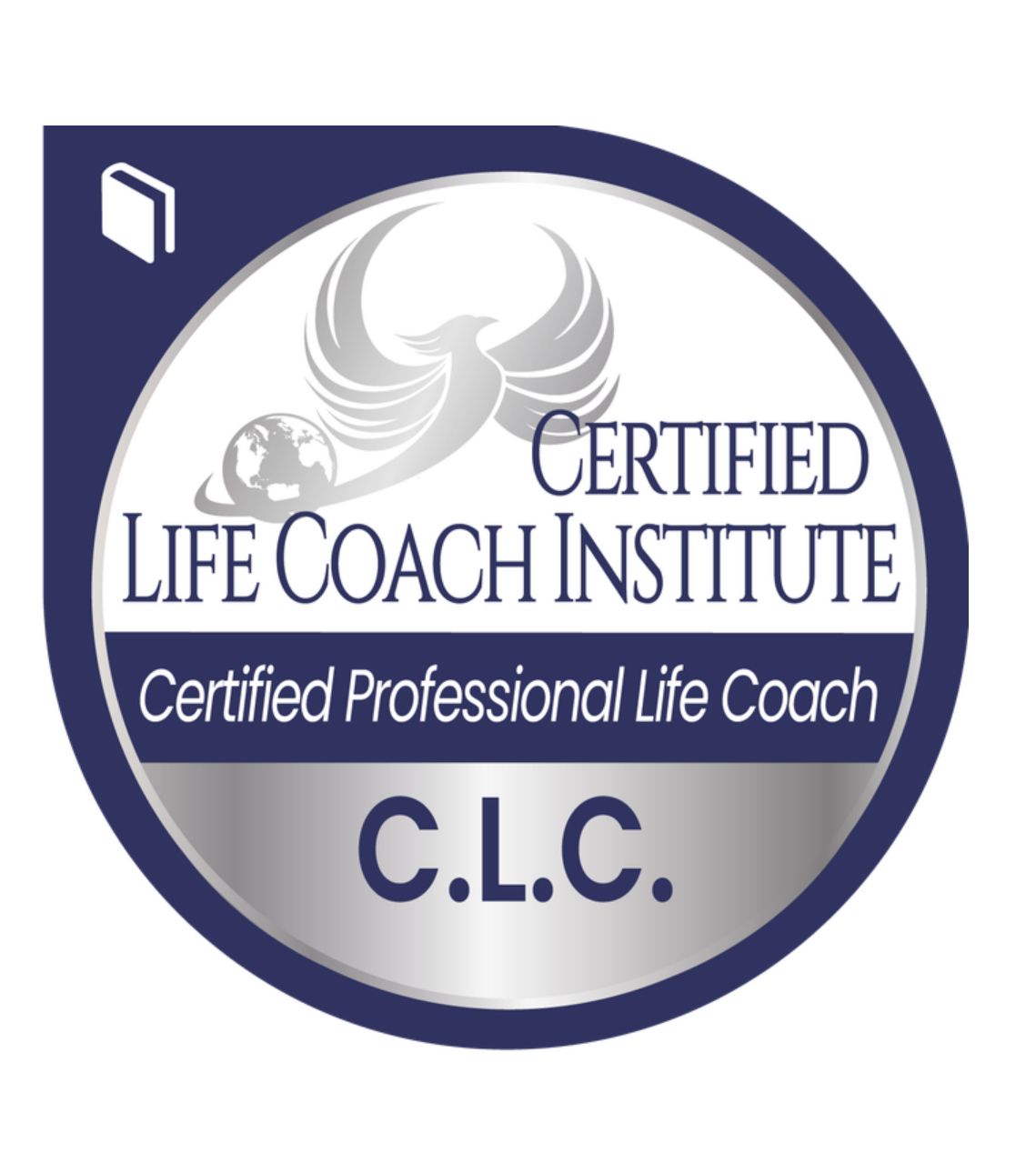I didn’t expect a romantic drama to leave me thinking so deeply about the wounds that shape modern relationships, but The Materialists did exactly that. As someone who spent a decade inside the matchmaking industry and now coaches clients on dating through the lens of emotional awareness and relationship values, this film felt strikingly familiar.
Yes, it’s a story about wealth, image, and attraction, but underneath the designer labels and curated connections is something more human: the way unhealed emotional wounds shape who we choose and why we stay.
The main character, a matchmaker herself, pairs others up with scientific precision, approaches relationships like a business transaction, and eventually starts dating a man who seems perfect on paper. He’s wealthy, successful, stable: the kind of partner many people say they want.
But something’s missing. Despite everything looking right, she doesn’t feel deeply connected to him. Her heart still circles back to her ex, someone who may not have the same external credentials but who offered a kind of emotional depth that couldn’t be faked.
Here’s where I saw the truth behind the surface: This wasn’t just a story about two men. It was a story about two parts of herself. One part that wanted to be safe, chosen, validated. Another part that wanted to be fully seen and emotionally met.
This tension plays out in real dating lives every day. I work with clients who come in thinking they need a partner who checks all the boxes: successful, attractive, accomplished. But often, they’re not dating from their values; they’re dating from their wounds.
While the film doesn’t spell it out, the matchmaker seems to carry a prioritization wound, the fear of not being chosen or valued for who she really is. That wound can lead people to settle for relationships that feel “right” on the surface but lack real connection.
Her behavior also reflects signs of fearful-avoidant attachment, the kind of pattern that craves closeness but fears the vulnerability it requires. She intellectualizes love, distances herself emotionally, and aligns with someone who feels “safe” because he fits society’s mold of an ideal partner. But love doesn’t thrive in safety alone; it thrives in authenticity.
Her ex, in contrast, carries a worthiness wound, a belief that he’s not enough to compete with the kind of life she’s built. He keeps his distance, avoids making bold declarations, and assumes he can’t be what she wants. This is the heart of so many emotionally unavailable dynamics I coach my clients through: both people want love, but they don’t trust it will last or that they’re worthy of receiving it.
The matchmaking clients in the film are also telling. They’re looking for someone to reflect their value, someone who will make them feel like they’ve arrived. But this is where so many people get stuck: chasing the relationship that will finally prove their worth, rather than building one that’s rooted in shared values, emotional safety, and mutual growth.
One of the biggest shifts I help my clients make is the move from dating based on preferences to dating based on relationship core values. Preferences are about status, traits, or aesthetics.
Core values are about how you live and love, how you authentically connect with others.
It’s easy to walk away from a film like this and think, “See? Matchmaking is superficial.” But I want to challenge that. Matchmaking isn’t broken. Our expectations of it might be.
Having worked in the industry for a decade, I’ve seen how powerful matchmaking can be when it’s guided by self-awareness. The process itself isn’t the issue; it’s how people show up to it. If you’re outsourcing your worth to the kind of partner you land, or trying to control love through a list of checkboxes, no app, coach, or matchmaker can help you feel secure.
But when you understand your origin wounds, your attachment style, and your core values, something shifts. You stop chasing people who trigger old pain. You stop performing for love. You stop trying to prove your worth by who you’re with. You start dating from a place of clarity, not fear. And that’s when love actually becomes possible.
Spoiler: At the end of the film, the matchmaker leaves the “perfect” partner and goes back to the one who truly knew her, not because he had it all together, but because their love was real. That moment wasn’t just romantic. It was healing. She chose connection over optics. Love over fear. And that’s the choice I want more people to feel empowered to make.
If you’ve ever found yourself in a “perfect” relationship that still felt empty, you’re not alone. The good news? You don’t have to settle for safety when what you really want is connection.
Yes, it’s a story about wealth, image, and attraction, but underneath the designer labels and curated connections is something more human: the way unhealed emotional wounds shape who we choose and why we stay.
The main character, a matchmaker herself, pairs others up with scientific precision, approaches relationships like a business transaction, and eventually starts dating a man who seems perfect on paper. He’s wealthy, successful, stable: the kind of partner many people say they want.
But something’s missing. Despite everything looking right, she doesn’t feel deeply connected to him. Her heart still circles back to her ex, someone who may not have the same external credentials but who offered a kind of emotional depth that couldn’t be faked.
Here’s where I saw the truth behind the surface: This wasn’t just a story about two men. It was a story about two parts of herself. One part that wanted to be safe, chosen, validated. Another part that wanted to be fully seen and emotionally met.
This tension plays out in real dating lives every day. I work with clients who come in thinking they need a partner who checks all the boxes: successful, attractive, accomplished. But often, they’re not dating from their values; they’re dating from their wounds.
While the film doesn’t spell it out, the matchmaker seems to carry a prioritization wound, the fear of not being chosen or valued for who she really is. That wound can lead people to settle for relationships that feel “right” on the surface but lack real connection.
Her behavior also reflects signs of fearful-avoidant attachment, the kind of pattern that craves closeness but fears the vulnerability it requires. She intellectualizes love, distances herself emotionally, and aligns with someone who feels “safe” because he fits society’s mold of an ideal partner. But love doesn’t thrive in safety alone; it thrives in authenticity.
Her ex, in contrast, carries a worthiness wound, a belief that he’s not enough to compete with the kind of life she’s built. He keeps his distance, avoids making bold declarations, and assumes he can’t be what she wants. This is the heart of so many emotionally unavailable dynamics I coach my clients through: both people want love, but they don’t trust it will last or that they’re worthy of receiving it.
The matchmaking clients in the film are also telling. They’re looking for someone to reflect their value, someone who will make them feel like they’ve arrived. But this is where so many people get stuck: chasing the relationship that will finally prove their worth, rather than building one that’s rooted in shared values, emotional safety, and mutual growth.
One of the biggest shifts I help my clients make is the move from dating based on preferences to dating based on relationship core values. Preferences are about status, traits, or aesthetics.
Core values are about how you live and love, how you authentically connect with others.
It’s easy to walk away from a film like this and think, “See? Matchmaking is superficial.” But I want to challenge that. Matchmaking isn’t broken. Our expectations of it might be.
Having worked in the industry for a decade, I’ve seen how powerful matchmaking can be when it’s guided by self-awareness. The process itself isn’t the issue; it’s how people show up to it. If you’re outsourcing your worth to the kind of partner you land, or trying to control love through a list of checkboxes, no app, coach, or matchmaker can help you feel secure.
But when you understand your origin wounds, your attachment style, and your core values, something shifts. You stop chasing people who trigger old pain. You stop performing for love. You stop trying to prove your worth by who you’re with. You start dating from a place of clarity, not fear. And that’s when love actually becomes possible.
Spoiler: At the end of the film, the matchmaker leaves the “perfect” partner and goes back to the one who truly knew her, not because he had it all together, but because their love was real. That moment wasn’t just romantic. It was healing. She chose connection over optics. Love over fear. And that’s the choice I want more people to feel empowered to make.
If you’ve ever found yourself in a “perfect” relationship that still felt empty, you’re not alone. The good news? You don’t have to settle for safety when what you really want is connection.
Want to explore how your attachment patterns or past wounds might be shaping your love life? Let’s talk.
loveprescriptionsholly@gmail.com
